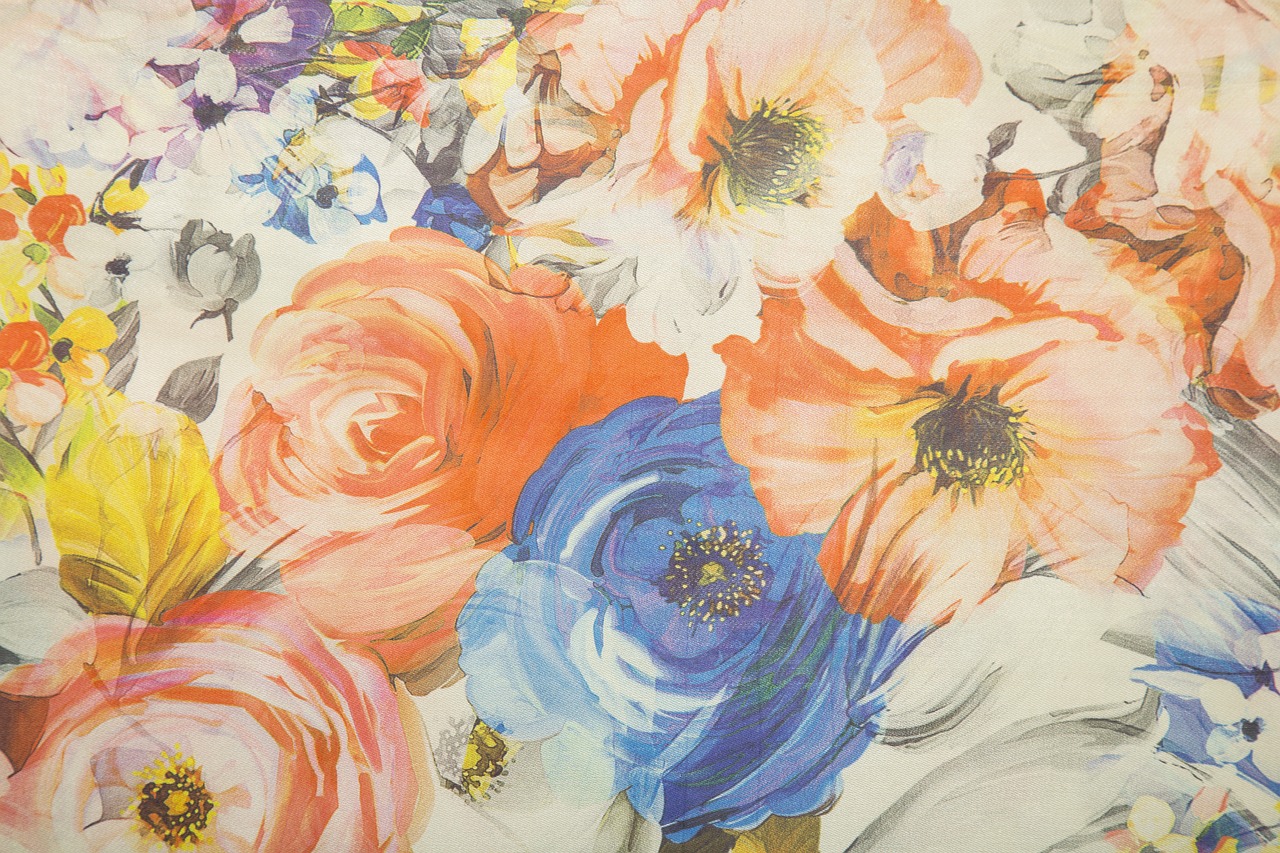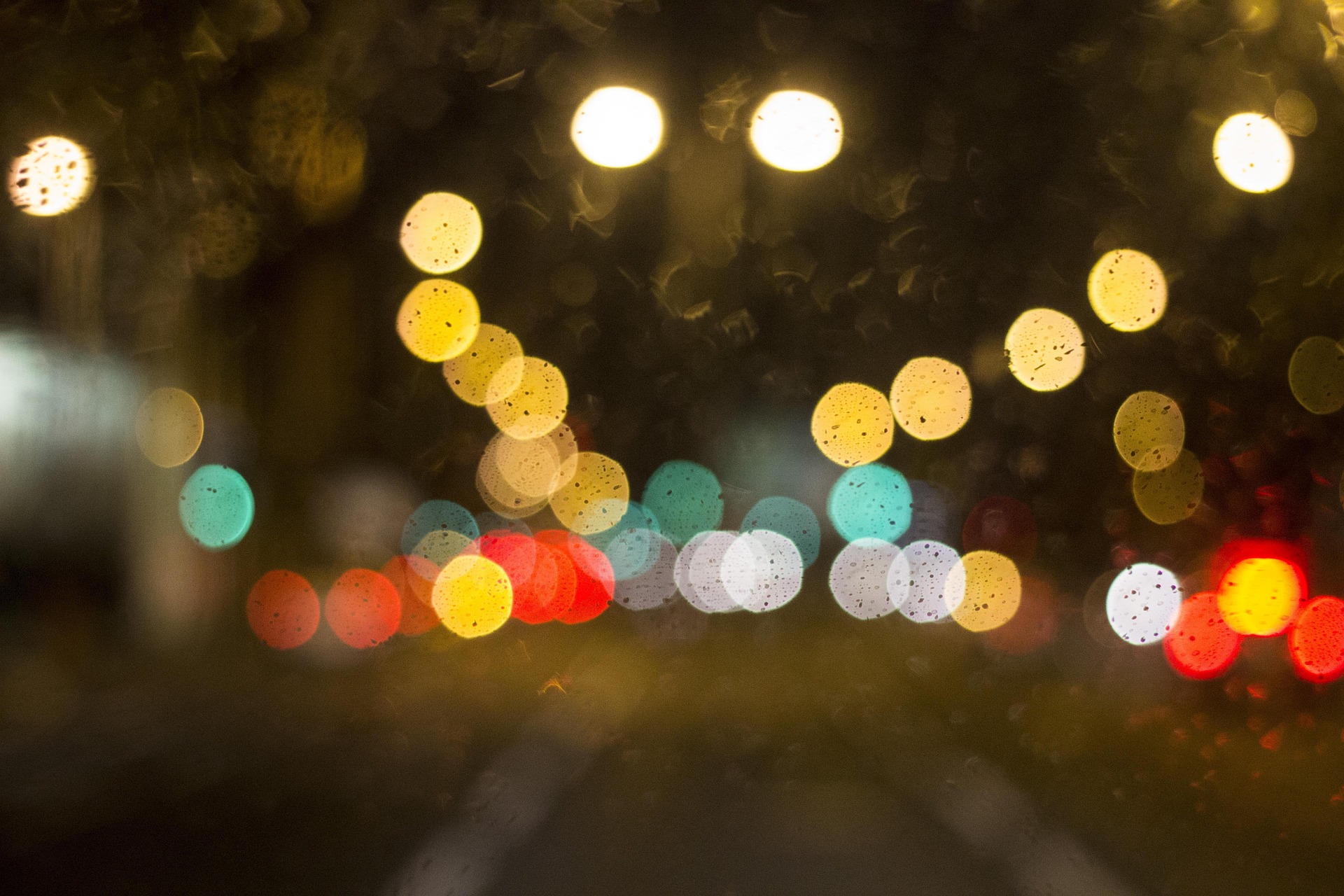An excerpt from Laurence Freeman OSB, “Prayer as Meeting: A Christian-Muslim Gathering,” The Tablet, September, 2006.
Religious people easily neglect the obvious and this is the most obvious and the most necessary to remember: the unloving know nothing of God. This is not metaphysical reasoning but the reason of the heart, [and] our most universal human experience teaches it. Love is transcendence, the re-centering of consciousness by the act of patient attention to the other. Parents do it, lovers do it and religious people must do it too if they are to be genuine.
The way you pray is the way you live. We live in the power of transcendence by praying at depth. Not just salat and liturgy, but contemplation. The whole purpose of this life, said St Augustine, is to open the eye of the heart by which we see God. . . The means are what religion teaches if it does not mistake itself for the end: waiting, patience, stillness and, particularly important in an age of instant communication, silence. [. . . .]
[At the Christian-Muslim Gathering], we prayed the salat and said Christian prayers. But we also sat in silence for meditation – we call it prayer of the heart and they call it dhikr. It reduces many words to one word in a rich poverty of spirit. In this silence we touched a universality that words usually only point to. It is a not an escape from reality but an embrace with the divine reality that we both know as love.
After meditation: “Small Kindnesses” by Danusha Lameris in MOONS OF AUGUST (Autumn House, 2014), noted in Unvirtuousabbey.com on 7.24.19.
I’ve been thinking about the way, when you walk
down a crowded aisle, people pull in their legs
to let you by. Or how strangers still say “bless you”
when someone sneezes, a leftover
from the Bubonic plague. “Please don’t die,” we are saying.
And sometimes, when you spill lemons
from your grocery bag, someone else will help you
pick them up. Mostly, we don’t want to harm each other.
We want to be handed our cup of coffee hot,
and to say thank you to the person handing it. To smile
at them and for them to smile back. For the waitress
to call us honey when she sets down the bowl of clam chowder,
and for the driver in the red pick-up truck to let us pass.
We have so little of each other, now. So far
from tribe and fire. Only these brief moments of exchange.
What if they are the true dwelling of the holy, these
fleeting temples we make together when we say, “Here
have my seat.” “Go ahead, you first.” “I like your hat.”
Image by Engin Akyurt from Pixabay




